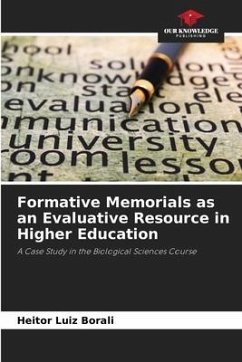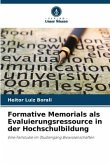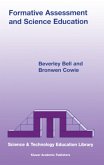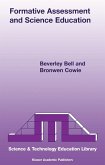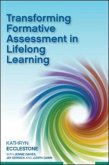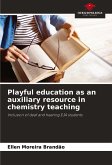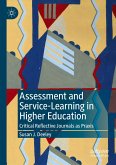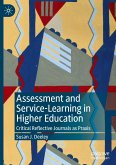Traditionally, educational assessments are used to classify students as able or not, creating a cycle of aversion to assessment that leads to discrimination, denial and exclusion. The formative trajectory memorials are an important resource in the teaching-learning process because they reveal themselves as sources of knowledge and limitations, stories, representations and re-significations. This study was conducted with undergraduate students in Biological Sciences and is based on the methodological use of memorialistic accounts for the composition of assessment instruments in order to clarify the following question: are the formative trajectory memorials a tool for learning assessment? Creating a memorial is not an easy task, however, it can be revealing. To relive memories is to make conscious the choices and the paths followed, facilitating the self-discovery and the awareness about the personal and professional formation. The teacher who deeply knows his student can make use of this knowledge to prepare better assessments, being aware of the trajectory of each student can provide assessments their true formative, procedural and contextualized character.
Bitte wählen Sie Ihr Anliegen aus.
Rechnungen
Retourenschein anfordern
Bestellstatus
Storno

